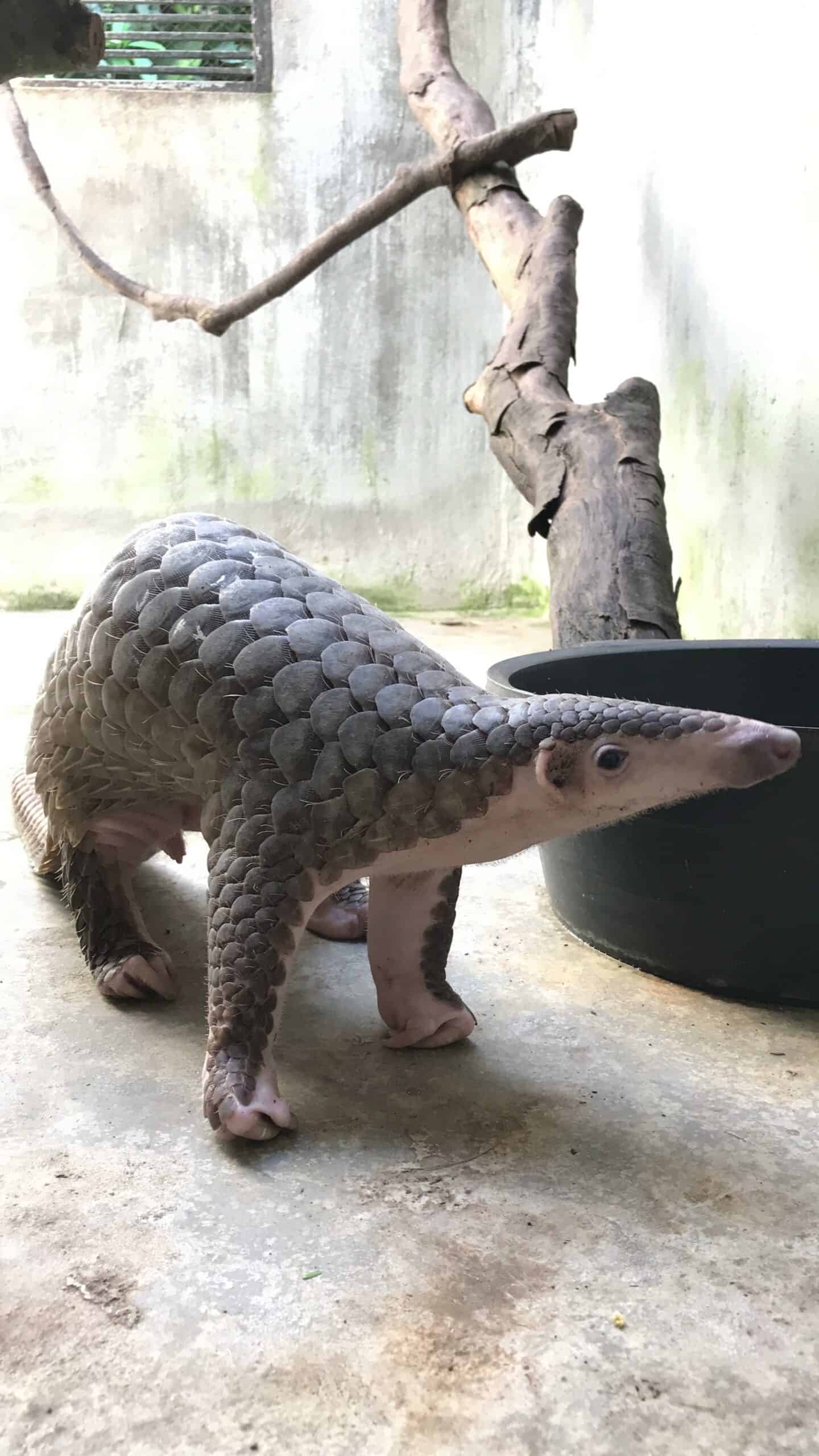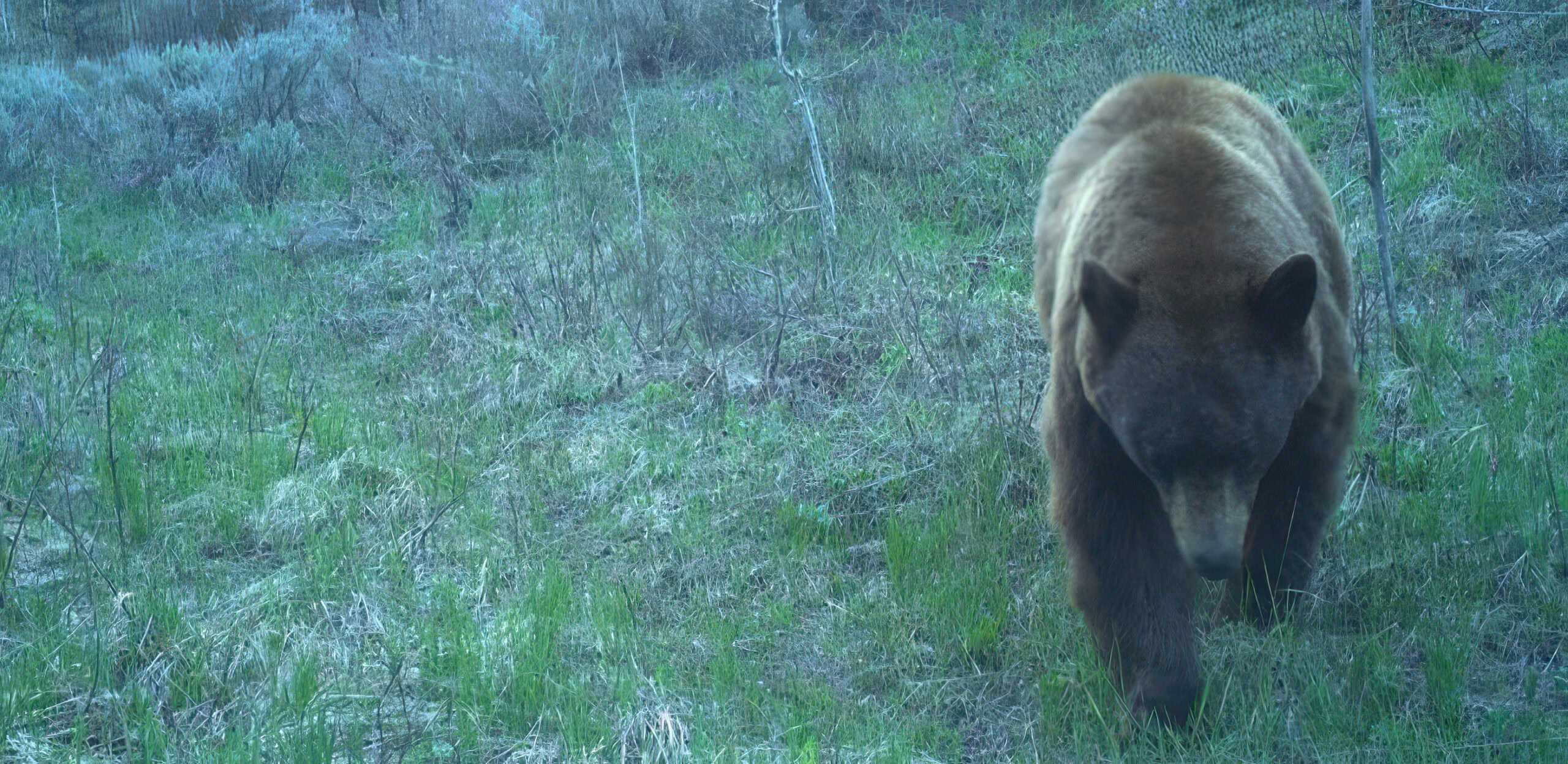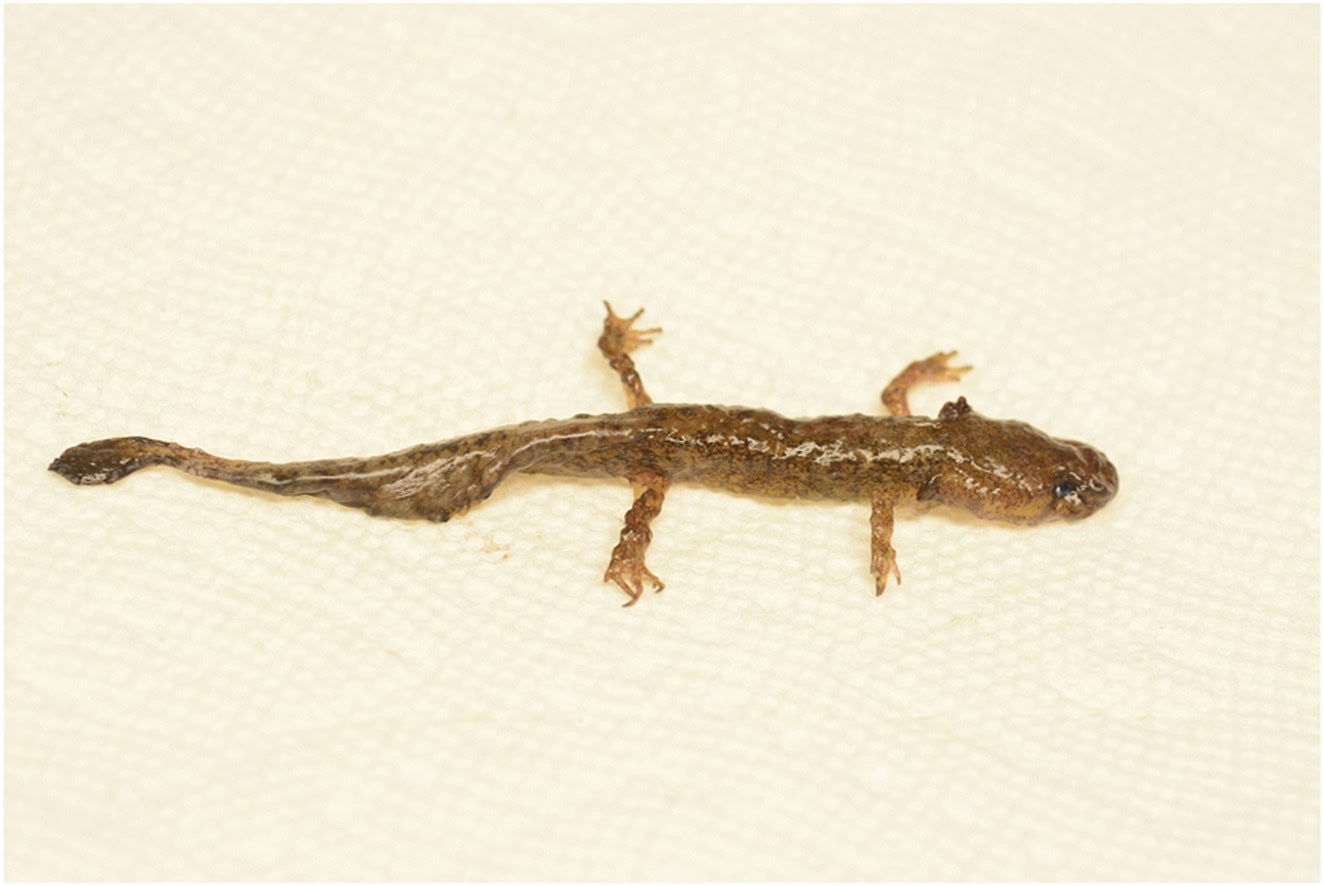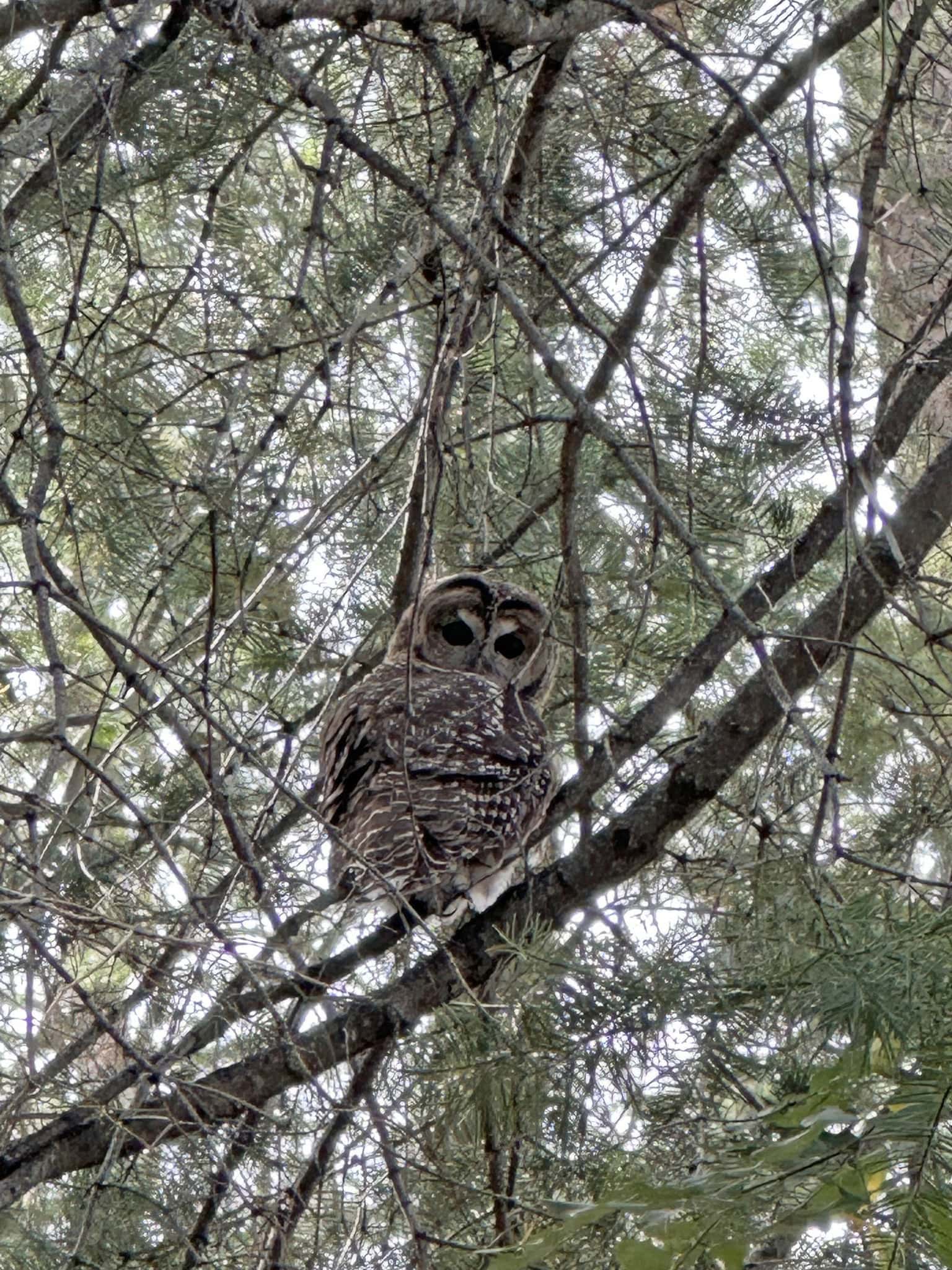Share this article
Wildlife Featured in this article
- Sunda pangolin
- Chinese pangolin
TWS2022: Thai mushroom craze may fuel pangolin trafficking
Foragers find more than mushrooms among the termite mounds
Foodies rejoice every rainy season in western Thailand. From late August to November, the humid conditions in the area known as the Western Forest Complex give rise to treasured het khone mushrooms, which sprout among the termite mounds.
But the mushroom’s popularity may spell trouble for endangered pangolins, which also rely on termites. Researchers found that fungi foragers sometimes illegally hunt pangolins.
The Western Forest Complex is a swath of interconnected wildlife sanctuaries and national parks straddling the border with Myanmar. Considered home to the finest het khone in Thailand, it sees floods of visitors from across Thailand and beyond who come to buy mushrooms sold by villagers from roadside stands.
“These mushrooms are extremely popular throughout the country,” said TWS member Coral Keegan, who traveled to Thailand to learn more about pangolin and the threats they face in Kaeng Krachan National Park, Thailand’s largest national park and one of the wild areas that make up the Western Forest Complex.
Conservationists often cite pangolins among the most trafficked animals in the world. These armadillo-like animals are killed for their meat as well as for their scales, which are ground for use in some forms of traditional Chinese and Vietnamese medicine.
“It’s believed that the scales enhance the effectiveness of the other ingredients,” said Keegan, who recently graduated from Yale University with a master’s degree in wildlife conservation and presented her research at The Wildlife Society’s 2022 Annual Conference in Spokane.
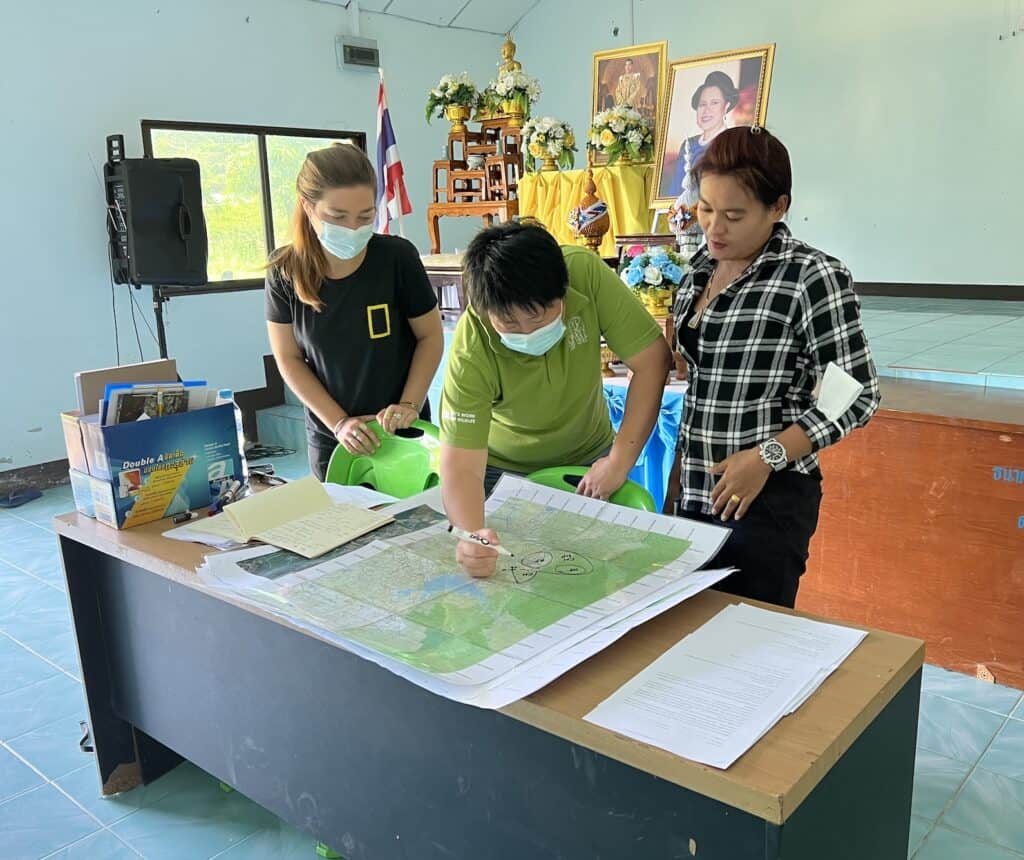
All eight species of pangolin are illegally hunted in countries throughout Asia and Africa, fueled largely by demand from China and Vietnam. But researchers didn’t fully understand how parts of Thailand, which hosts both the Sunda (Manis javanica) and Chinese pangolin (M. pentadactyla), fit into the equation. Both the Sunda and the Chinese pangolin are considered critically endangered by the International Union for Conservation of Nature.
From June to August 2022, Keegan surveyed 100 people living within five kilometers of the national park. With the help of a translator, she asked residents about their knowledge of pangolins, how often they saw them, and what they knew about illegal hunting around their village.
Through the interviews, Keegan discovered the link between opportunistic pangolin hunting and mushroom gathering. Many villagers surrounding Kaeng Krachan supplement their income by picking het khone mushrooms—a legal activity in Thai forest reserves. That can bring them among the same termite mounds as pangolins. While most survey respondents said they left the pangolins alone, a handful admitted they would collect the animals to consume or sell, Keegan said.
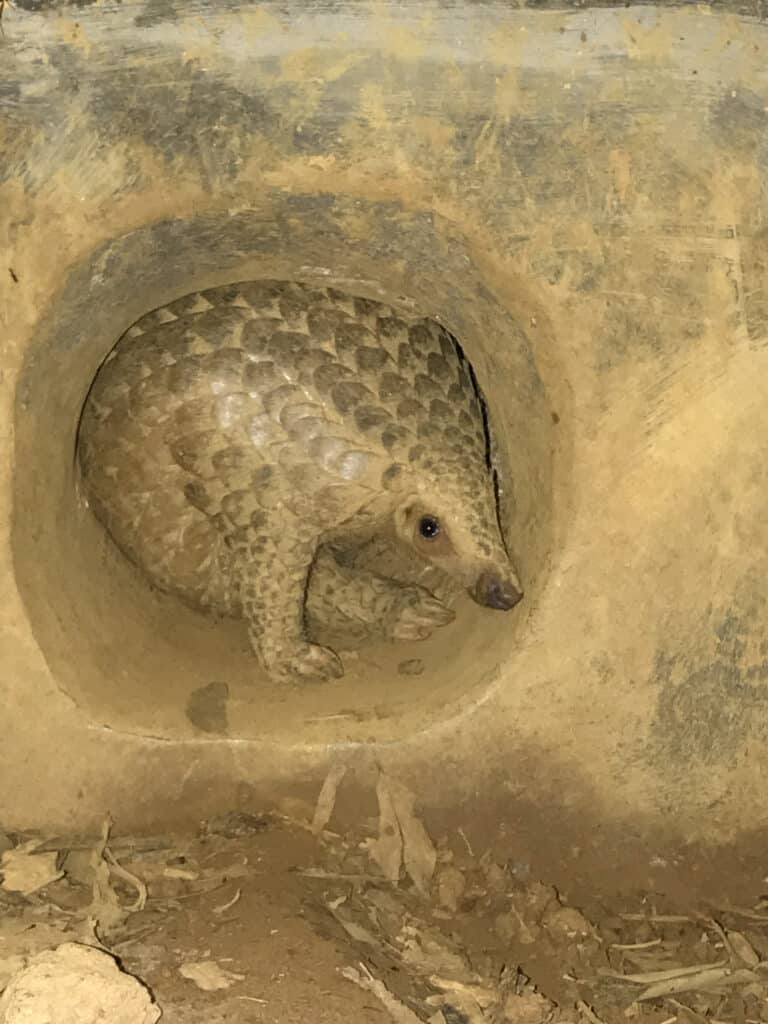
The trouble may be compounded by increased demand for pangolins. The throngs of visitors coming during het khone mushroom season may include wildlife traffickers willing to pay high prices for pangolins they can smuggle across the border, Keegan said.
Keegan found that the pangolin trade slowed during the pandemic, when travel restrictions made it harder for buyers to reach the area. She hopes researchers watch to see the effects of easing restrictions. The pangolin trade in Thailand is understudied, Keegan said, and more information can help the country fight it.
Keegan found a huge potential for conservation in these villages. Local ecological knowledge could provide key data on pangolins, a challenging species to study, she said. Paying mushroom collectors to report pangolin sightings could provide a source of income that favors keeping the animals on the landscape and offer local communities an avenue to participate in conservation.
“In Thailand, there is a turbulent history of the government working with local communities in these protected areas,” Keegan said. “It hasn’t always been so just.”
Header Image: A Sunda pangolin rescued from the illegal wildlife trade by Save Vietnam’s Wildlife. Credit: Keegan Coral



